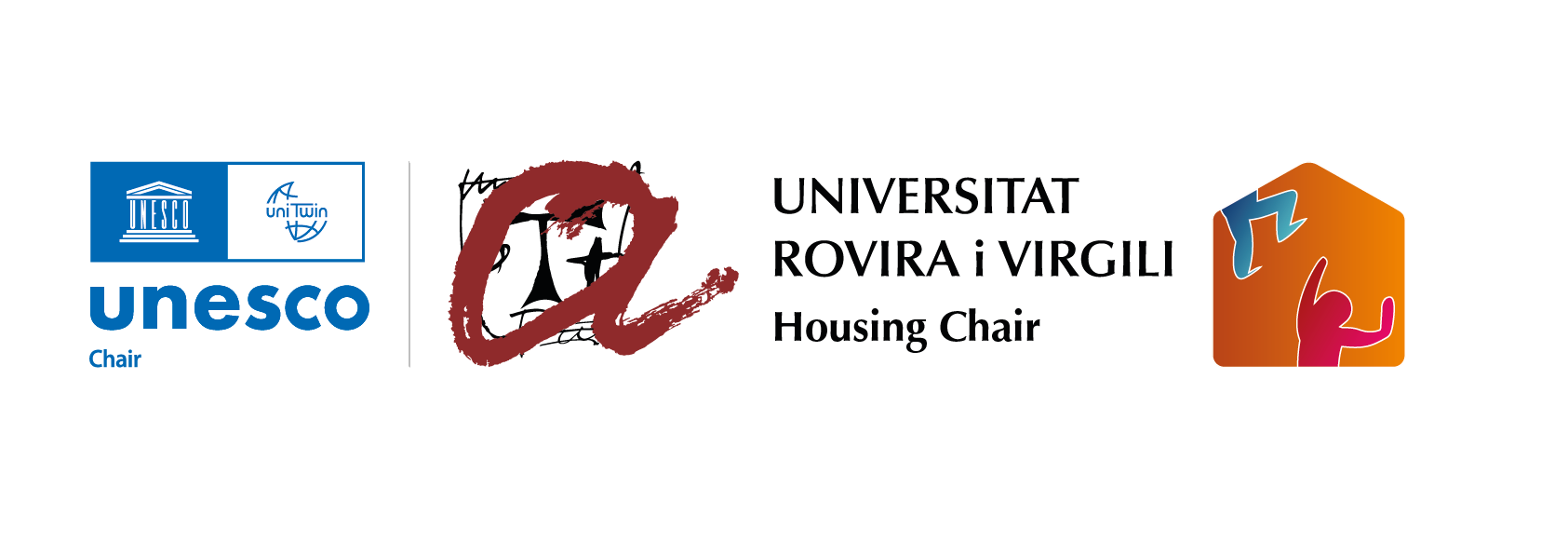Research project: “Tokenisation” of rights in rem within the regulation of the fifth book of the Catalan Civil Code
Funding entity: Centre d’Estudis Jurídics i Formació Especialitzada
Coordinator: Dr. Rosa M. Garcia Teruel
Researchers: Prof. Dr. Sergio Nasarre, Dr. Estela Rivas, Dr. Héctor Simón, Dr. Cristina Pérez and Dr. Rosa M. Garcia Teruel

Within the new phenomenon of sharing economy, the Centre d’Estudis Jurídics i Formació Especialitzadaof the Department of Justice – Catalonia Government granted to the UNESCO Housing Chair a new research project entitled “Tokenisation” of rights in rem within the regulation of the fifth book of the Catalan Civil Code (Order JUS / 113/2018), to be performed during 2019.
New generations (Millennial, Generation Z) have more aversion to bureaucratic procedures to acquire a property than previous ones. The immediacy provided by digitalization caused digital natives to want quick results in all areas of their life, a phenomenon called “instant gratification”. Although this feature of digital natives has certain advantages, especially at a labor level, processes with a long bureaucracy will be increasingly rejected.
This has been detected by several technology-based companies around the world. They are are now focusing on smart property, developing applications to avoid bureaucratic procedures and promising new generations the possibility of buying a property (or a share of it) just using a Smartphone. With this aim, these Fintech use the method of “tokenization”, by which tokens or colored coins that represent a certain right over movable or immovable property are created. Thus, just buying one or several tokens, one would acquire the right they represent, for example, the ownership or even a right in rem. Moreover, whoever has a token will be able to sell or donate his right just transmitting this digital token to another person. And all this through a simple application that uses the blockchain technology and smart contracts.
As happened with bitcoin, the “tokenization” of goods might involve several challenges for legal operators. That is why this research project deepens on the compatibility of this new practice with the legal framework of Act 5/2006, of May 10, of the fifth book of the Civil Code of Catalonia, on real rights (CCC). It highlights the opportunities of this technology to allow more agile, efficient and affordable real estate transactions, but being important to avoid the possible risks for acquirers. Some of the questions that will be addressed by our research team will be the following: Which is the legal nature of tokens that represent a right over a property? What kind of goods can be represented with them? In the current proposals, what type of right -real or personal- is being granted to the purchasers of these tokens? How will be solved the possible conflicts of ownership between tokenholders and other persons that have their rights registered? How can we ensure compliance with the mandatory provisions of the Civil Code of Catalonia, taking into account that these tokens are created through a computer code? According to the CCC, is it possible to transfer ownership just transferring a token? What taxation obligations does the ownership of a token entail? Answering the mentioned questions will allow our team to propose improvements at the legislative level, for example, amending the CCC or tax regulations.
The research team is interdisciplinary. In addition to the UNESCO Housing Chair researchers, Prof. Dr. Sergio Nasarre Aznar, Dr. Héctor Simón Moreno, Dr. Estela Rivas Nieto and Dr. Rosa M. Garcia Teruel, the team includes Dr. Cristina Pérez Solà, computer specialist in cryptocurrencies and privacy, thus reinforcing the collaboration between the Housing Research Group and the CRISES of the Rovira i Virgili University. This interdisciplinary perspective will allow the team to analyze this technological practice not only from a legal point of view, but also from a technical one, examining the codes to determine what rights and duties are assumed by their purchasers.
Outputs
“La tokenización de bienes en blockchain: cuestiones civiles y tributarias“. Cizur Menor, Thomson Reuters Aranzadi, 2020.
R.M. Garcia-Teruel. “Legal challenges and opportunities of blockchain technology in the real estate sector”. Journal of Property, Planning and Environmental Law. Special Issue: Blockchain and PropTech opportunities and challenges for land registration and land uses. 2020. DOI: 10.1108/JPPEL-07-2019-0039

